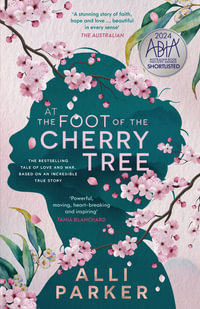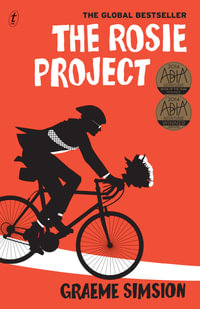Using interwoven narratives — present-day United States, Trinidad, and the political tumult of Jamaica in the 1980s — Carol Mitchell's debut gives voice to the immigrant woman whose veneer of middle-class stability masks the violent trauma of a prior life.
"An engaging and life-affirming read.” — Booklist
"What start bad a mornin', cyan end good a evenin'." — Jamaican proverb
Amaya Lin has few memories of the years before she turned eighteen. Now in her forties, she has compensated by carefully cultivating a satisfying life as a wife, mother, and business professional. Her husband’s law practice is on the brink of major success; her neurodiverse son has grown into an independent adult; and she has come to terms with her aunt’s dementia. This sense of order is disrupted, however, when she encounters a stranger who claims to have an impossible connection, launching Amaya on a tumultuous journey into the past.
Using three interwoven narratives spanning the United States, Trinidad, and Jamaica, Carol Mitchell's debut gives voice to an immigrant woman forced to confront her repressed memories of violent trauma. Only then can she discover what she is capable of when it comes to self-preservation and the protection of her family.
"This is a stellar debut.” — Cleyvis Natera, author of Neruda on the Park
"Luminous prose." —Elizabeth Nunez, author of Prospero’s Daughter
Industry Reviews
"Mitchell’s ability to sustain tension while telling a nuanced story that balances family tragedy with a vision of acceptance and support makes this an engaging and life-affirming read." — Booklist
“What Start Bad a Mornin’ is a breathtaking novel. Amaya Lin, loving mother, wife and caretaker of many, has built a life that is on the verge of collapse when a hidden past sweeps in. I was riveted by the revelations that followed, stunned by the conclusion. Carol Mitchell is a writer of immense talent and this is a stellar debut.” — Cleyvis Natera, author of Neruda on the Park
"This kaleidoscopic take on immigration woes provides an inclusive, thoughtful view of what it means to be a migrant. With both style and panache, Mitchell slowly unfolds the secrets of Amaya’s past intimating us, as readers, into her experiences.” —Tupelo Quarterly
"Illustrates the far-reaching power—and damage—of forgetting." — Foreword Reviews
























